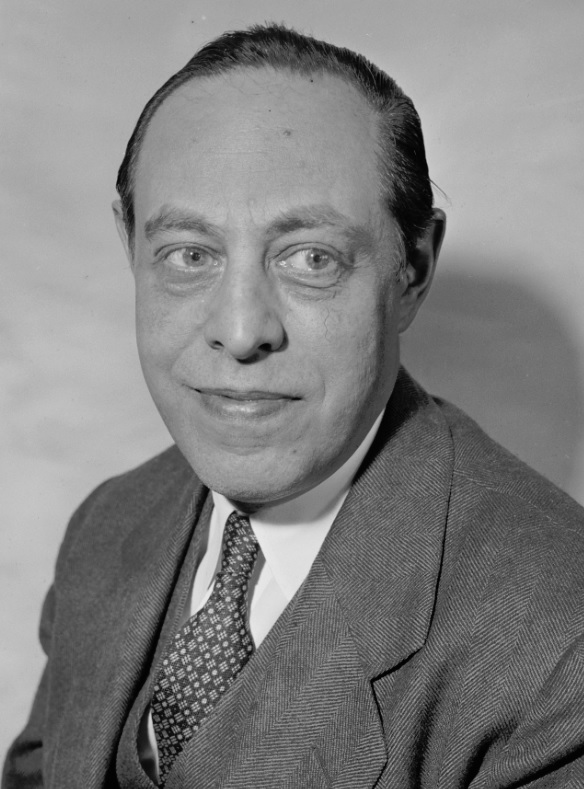“The test of the moral quality of a civilization is its treatment of the weak and powerless.”
United States ex rel. Caminito v. Murphy, 222 F.2d 698, 706 (1955).
Jerome Frank era jurista estadounidense.

“The test of the moral quality of a civilization is its treatment of the weak and powerless.”
United States ex rel. Caminito v. Murphy, 222 F.2d 698, 706 (1955).
Page 171.
Law and the Modern Mind (1930)
“To say I removes a false impression of a Jovian aloofness.”
Courts on Trial (1950), vii-viii. For much of his career, Frank had avoided use of the personal pronouns "I" and "me", in the belief that saying "the writer" expressed more modesty, but later changed his mind. Bryan A. Garner, A Dictionary of Modern Legal Usage (2001), p. 360.
Page 163.
Law and the Modern Mind (1930)
“Only a very foolish lawyer will dare guess the outcome of a jury trial.”
Page 186.
Law and the Modern Mind (1930)
Reported by law librarian Ed Bander, in "Doing Justice", 72 Law Libr. J. 150 (1979), as having been heard at a speech given at New York University.
About
Judge Learned Hand, reprinted in A Man's Reach: The Philosophy of Judge Jerome Frank (1965), page 49.
more or less on the principle, openly avowed in Erewhon only, that one who suffers misfortunes deserves criminal punishment
United States v. Johnson, 238 F.2d 565, 568 (1956) (dissenting).